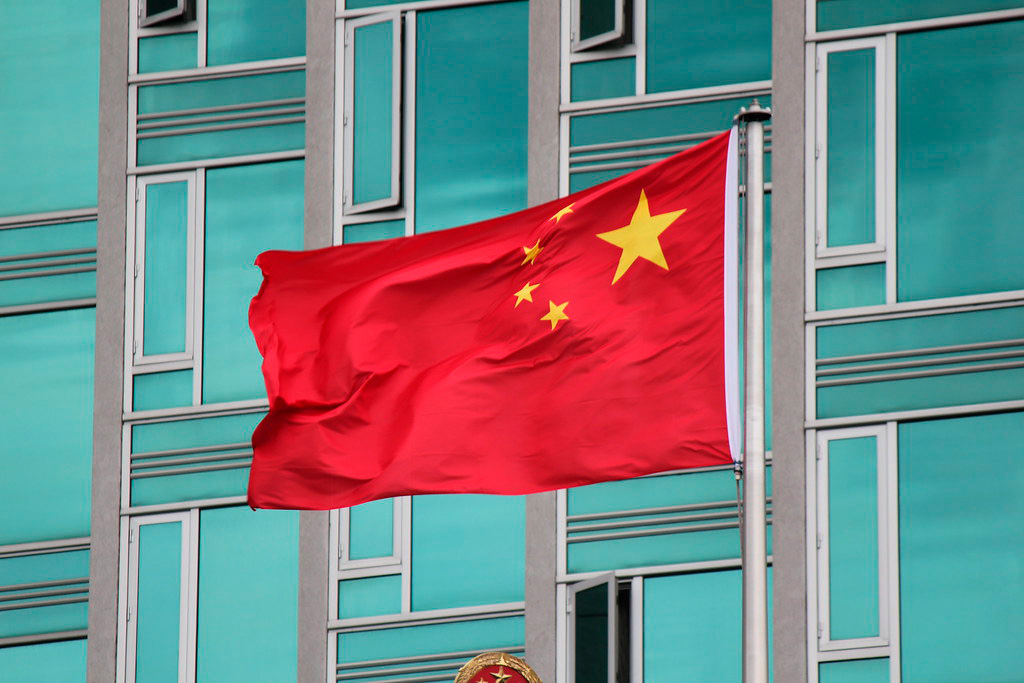In recent times, China’s property market has been in a downward spiral despite
Beijing’s attempts to curb the decline. The consequences of the ongoing crisis are
becoming increasingly evident, with a 17 percent decrease in property sales in
December compared to the previous year.
This follows a 9 percent shortfall inNovember, signaling a worsening situation. While Beijing is quick to blame failingproperty developers, a closer examination reveals that the Chinese Communist Party (CCP) bears a significant share of responsibility for the crisis. This article delves into four key ways in which the CCP’s mismanagement has exacerbated the property market’s troubles.
Beijing’s initial mistake was an overly enthusiastic promotion of residential real
estate development, a policy that proved beneficial during the late 20th century
and early 21st century when China faced a housing shortage.
However, as the housing stock caught up with demand, the authorities persisted in their active support, contributing to the property market’s unhealthy expansion. By allowing
property development to reach 30 percent of the economy, it became clear that
the situation had become unsustainable. Developers, including prominent names
like Evergrande and Country Garden, engaged in aggressive borrowing,
questionable projects, and excessive spending, fueled by easy credit terms. While
the mismanagement of these firms is evident, the CCP’s failure to intervene and
adjust policies played a pivotal role in exacerbating the crisis.
Around 2020, Beijing belatedly acknowledged the unsustainable nature of the
property sector. However, the CCP’s reaction was draconian, failing to provide
developers and homebuyers with the necessary time to adjust to the removal of
previous support levels gradually.
The sudden shift in priorities led to the immediate failure of highly leveraged developers, with Evergrande taking the lead in mid-2021. This abrupt change not only disrupted the property market but also sent shockwaves through the broader economy. The CCP’s failure to anticipate the systemic impact of these measures demonstrated a lack of strategic planning, contributing to the deepening crisis.
As problems within the property sector became widespread, the CCP made its third
critical mistake – the failure to protect the financial system from the growing
burden of questionable debt resulting from developer failures.
Not only were major developers like Evergrande under scrutiny, but homebuyers who had taken out mortgages faced challenges as developers failed to complete projects. The refusal of these homebuyers to make mortgage payments further strained the financial
system, slowing credit flow and impeding economic activity. Beijing’s inaction and
reluctance to inject funds into financial markets or provide guarantees for
completing pre-purchased apartments allowed the problem to escalate over
months, deepening the economic impact.
When Beijing finally recognized the urgency of the situation, its efforts to address
the crisis were too little, too late. Encouraging banks to lend to developers for
completing pre-purchased apartments and restarting mortgage payments was a
half-hearted attempt.
However, the reluctance of banks to comply, coupled with the lack of CCP backing, hindered the effectiveness of these measures. Beijing’s delay in taking decisive action allowed the crisis to metastasize, resulting in severe consequences for the property market, household wealth, and overall economic growth.
The CCP has also launched a 350 billion yuan (about $48.8 billion) program to build
affordable housing, a small gesture in a sector that once constituted almost a third
of the economy.
Beijing has also eased rules on how much people must put down to buy a residence in Beijing and Shanghai. Moves like these might have arrested the problem when it first became evident almost three years ago, but pressures have become more severe in the interim, so as the December figures show, these efforts are now inadequate.
Against this history, three things are clear. First, Beijing will need to take bolder
steps to remedy this situation, and the sooner, the better. Second, even if the
authorities act boldly and quickly, it will take time to arrest the declines in the
property sector and longer still to turn the general economy around. Third, China’s
economic prospects will suffer until the property sector stabilizes and probably for
some time afterward.
In conclusion, the unraveling of China’s property market cannot be solely attributed
to the mismanagement of individual developers. The Chinese Communist Party’s
failure to act swiftly, strategically, and decisively at various stages of the crisis has
significantly contributed to the deepening economic woes.
From overactive promotion of real estate development to belated recognition, draconian measures, and inadequate responses, the CCP’s mismanagement has played a central role in exacerbating the challenges facing the property market. As China grapples with the
fallout, a critical examination of the CCP’s role is essential for understanding the
root causes of the crisis and formulating effective solutions for the future.

